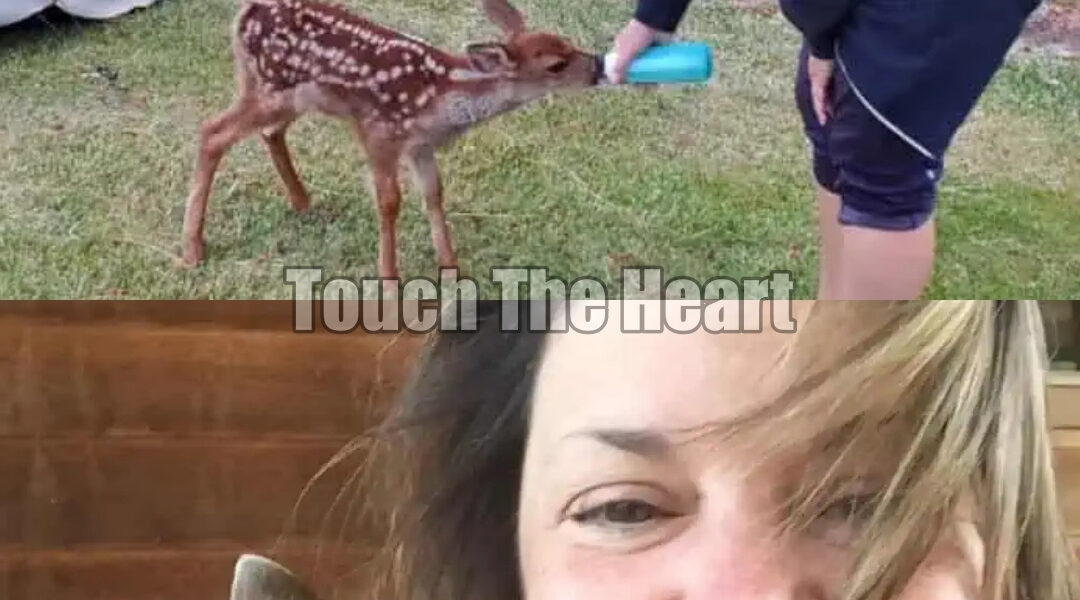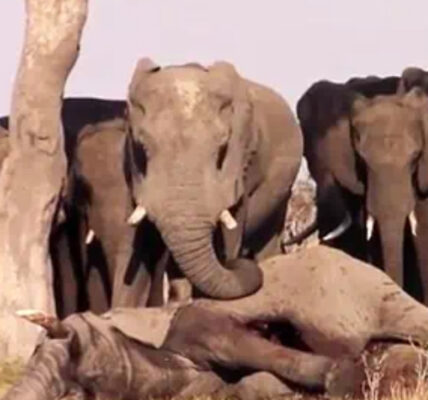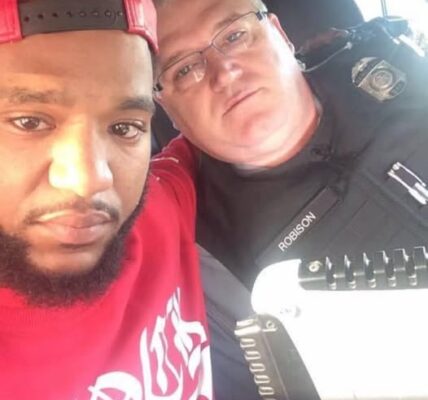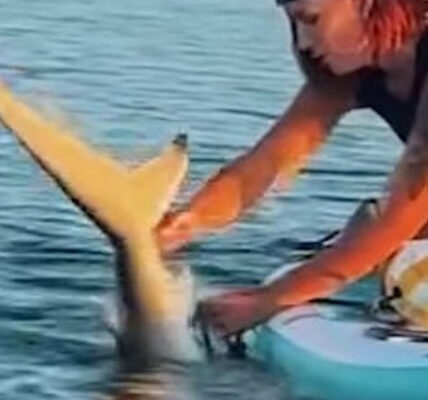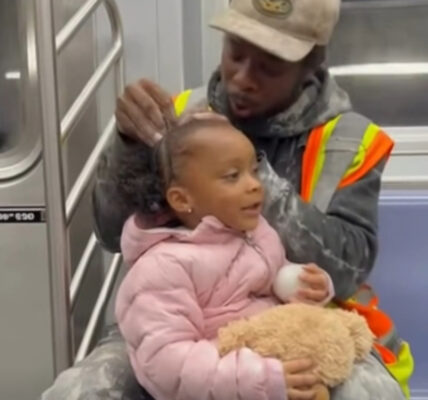It began on a quiet May morning in 2020. Dawn Rasmussen and her husband were at home when they heard strange cries echoing through the woods — soft, desperate sounds that reminded them more of a sheep than anything wild. Curious and concerned, they followed the noise.

What they found would change their lives.
Standing at the edge of their yard was a tiny fawn, trembling and wide-eyed. Before they could move closer, the little creature walked straight toward them — and placed his small hoof right on Dawn’s husband’s foot, as if asking for help.
They named him Thor.

When they called a veterinarian, they learned what they feared most: Thor had likely been abandoned. His mother was gone, and he wouldn’t survive long on his own. Normally, fawns are left alone only briefly while their mothers forage. But Thor was different — restless, weak, and already searching for comfort in human company.
There was no space at the wildlife rescue center that day. And so, Dawn and her husband made a promise — to care for Thor, to keep him safe, and to prepare him for the wild life he was meant to live.
They built a large outdoor enclosure and, for the first six weeks, Dawn slept outside in a tent to watch over him at night. Every three hours, she fed him warm goat’s milk from a bottle. She learned the rhythm of his tiny heartbeats, the sound of his hooves tapping on the grass when he grew excited, the way he’d nuzzle her arm before every feeding.

Her goal was simple — to raise him wild, not tame.
But love, even when careful, always finds a way to grow.
By four months old, Thor began venturing into the woods on his own. He learned to graze, to listen, to trust his instincts. Yet each time Dawn called his name, he would come sprinting out of the trees, his ears twitching, his legs flying. Sometimes, if she was late with his bottle, he would stand by the deck and wait — patient but expectant, his gentle eyes watching the door.
As the months passed, Thor slowly joined a nearby herd — a group of deer that included what Dawn affectionately called his “aunts and sisters.” But even then, he never fully left her side.

He would disappear for days or weeks, then suddenly reappear at dawn, standing quietly near the fence until Dawn stepped outside. She never tried to touch him unless he came close first. Their connection wasn’t one of ownership — it was trust, freely given.
Then one day, Thor came limping back. His leg was injured — likely caught on a branch or wire. And once again, instinct led him home. Dawn knelt beside him, her voice trembling, and began to care for him as she had before — cleaning his wound, massaging his leg, speaking softly as he healed.
Under her care, Thor recovered fully. Soon he was running again, bounding effortlessly across the grass, his strength restored.

Their story spread through the community — a woman and the wild deer who never forgot her kindness. But what touched people most wasn’t the rescue itself — it was the bond that endured long after Thor could have left for good.
Other deer began approaching too, sensing they were safe near Dawn. Sometimes she would sit quietly among them, the air still, her heart full. She often said that Thor had taught her something she didn’t expect — that compassion isn’t just about saving life; it’s about respecting it.

“Thor changed me,” she said softly. “He made me see how much we share this world, and how much responsibility we have to care for it.”
Now, when Dawn looks out across her yard, she often catches glimpses of him — strong, graceful, wild — yet still watching her from the trees, as if to say thank you.
It’s a reminder that love, when given freely, doesn’t bind; it frees.

Because sometimes, the wildest hearts still remember who helped them find their way home.
